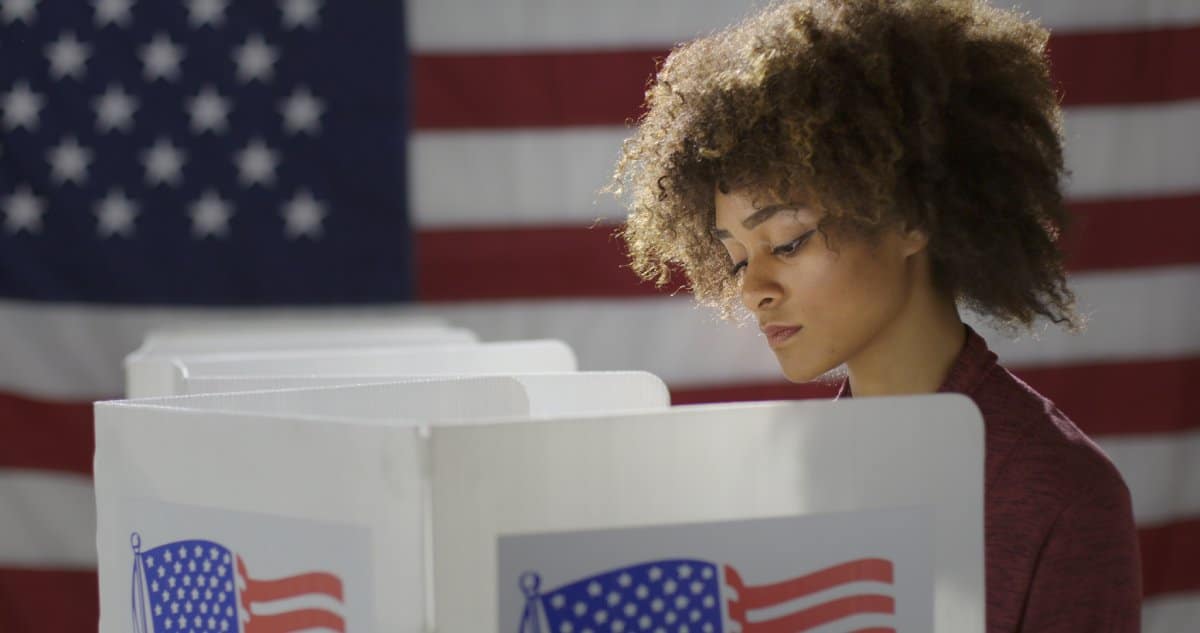Voter ID laws are a significant point of debate in the U.S., focusing on whether they are a necessary tool to prevent voter fraud or a method that disproportionately disenfranchises certain groups of voters. Here’s what you need to know about the controversy:
1. The Basics of Voter ID Laws

Voter ID laws require individuals to present some form of identification before they can vote or receive a ballot. The specifics vary by state, with some requiring a photo ID and others accepting non-photo identification.
2. Arguments for Voter ID
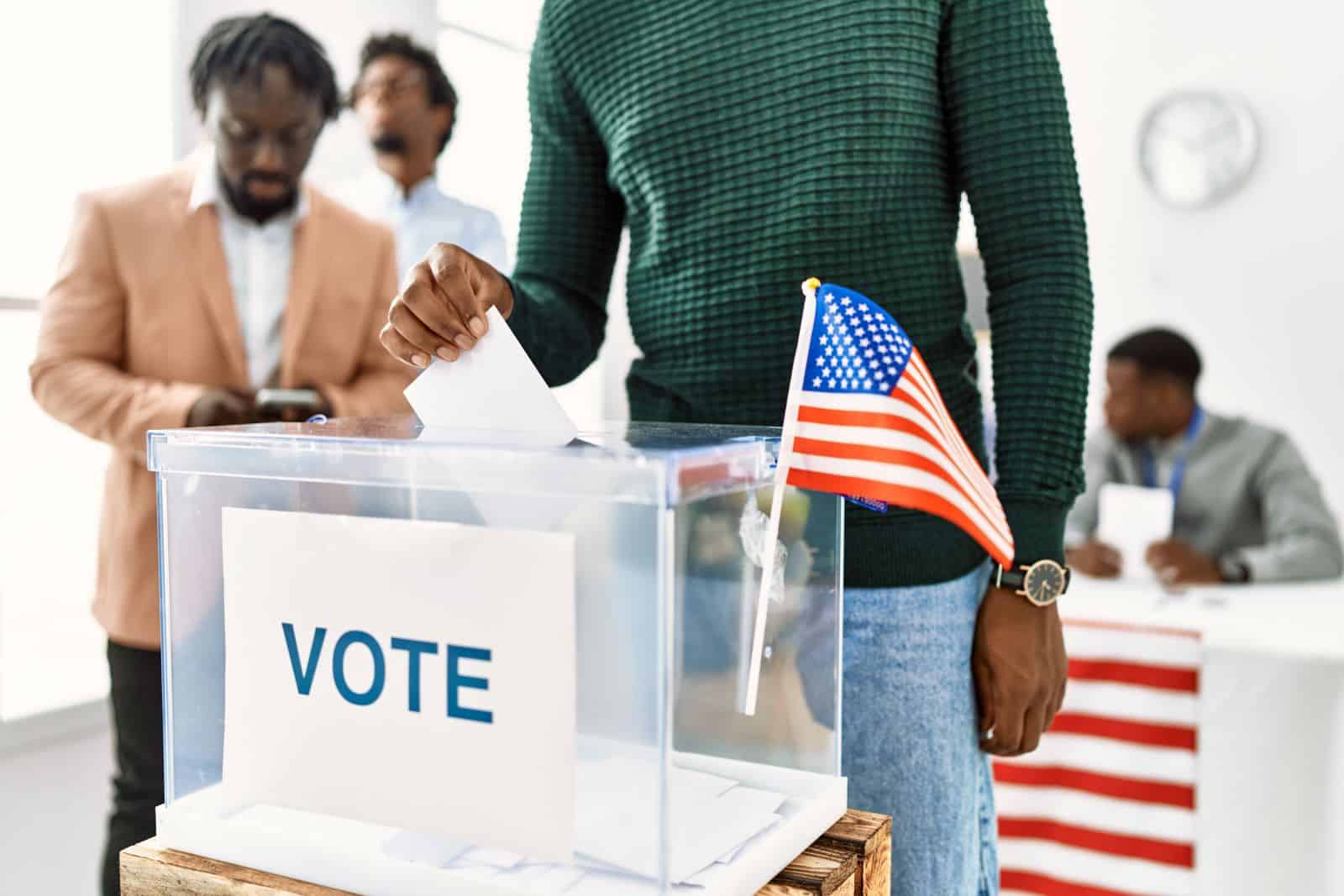
Supporters claim these laws prevent voter fraud, ensuring that each vote cast is legitimate. They argue this helps maintain the integrity of elections and increases public confidence in the electoral process.
3. Arguments Against Voter ID

Critics argue that voter ID laws disproportionately affect elderly, minority, and low-income groups who may not readily have access to ID. They contend these laws effectively suppress the voter turnout among these groups.
4. The Impact on Voter Turnout
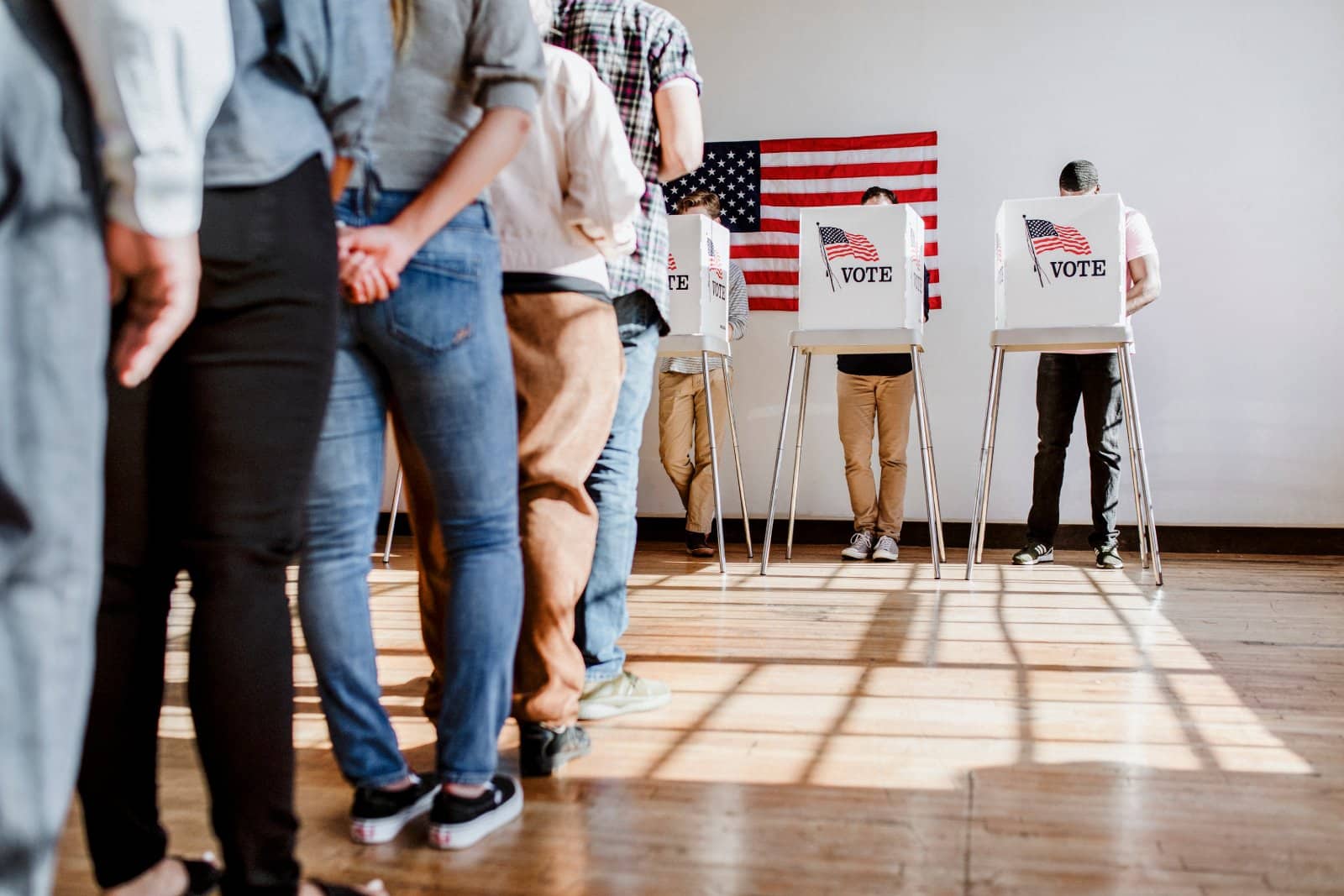
Studies show mixed results on whether voter ID laws significantly decrease voter turnout. Some research indicates a slight reduction in turnout, particularly among groups less likely to have ID.
5. The Role of the Courts

Voter ID laws have been challenged in courts across the U.S. Some states have seen their laws upheld, while others have had them struck down as unconstitutional.
6. State-by-State Variations
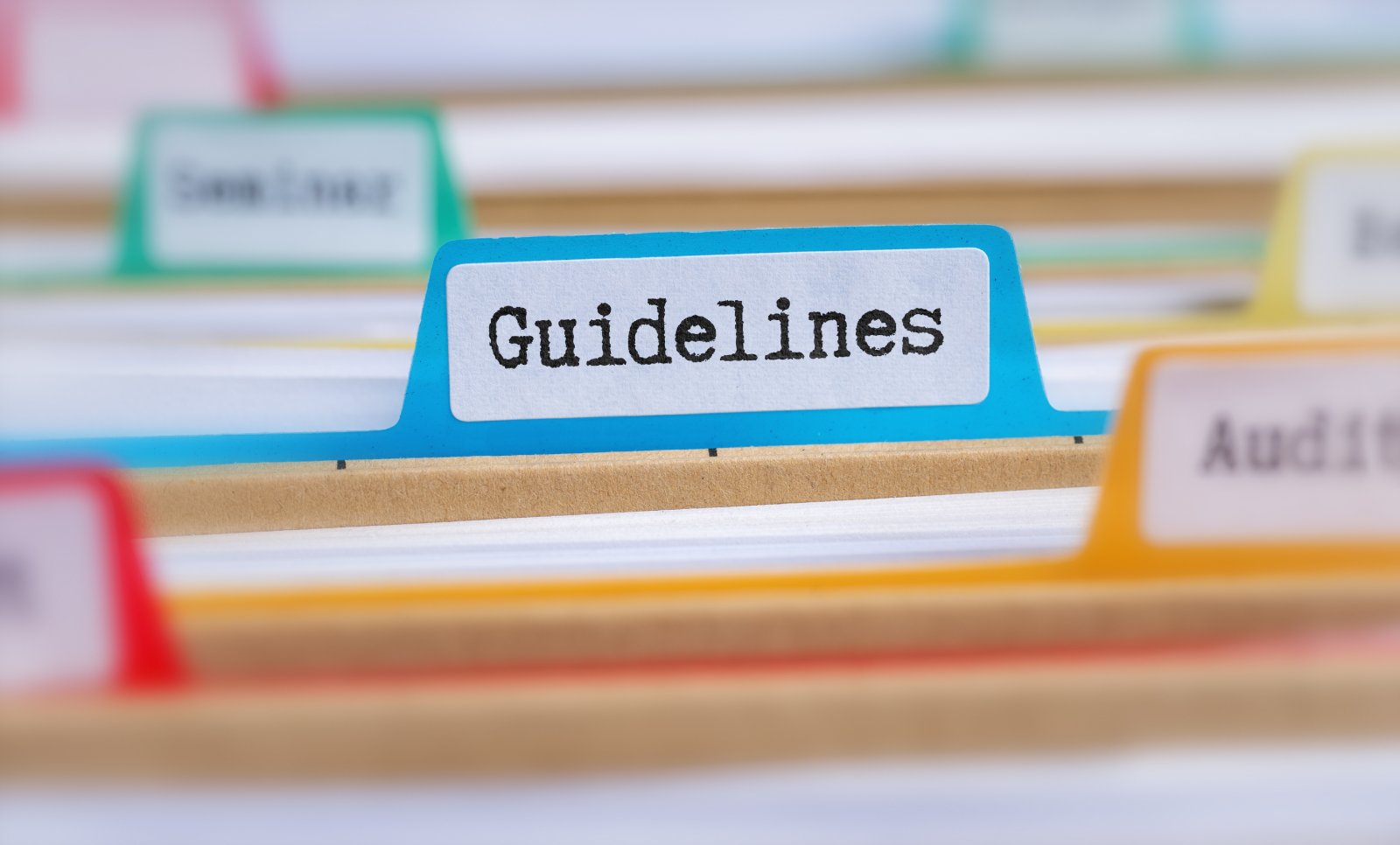
There is significant variation in voter ID laws between states. For example, strict photo ID requirements are in place in states like Wisconsin, whereas other states like California have more relaxed rules.
7. The Real Incidence of Voter Fraud
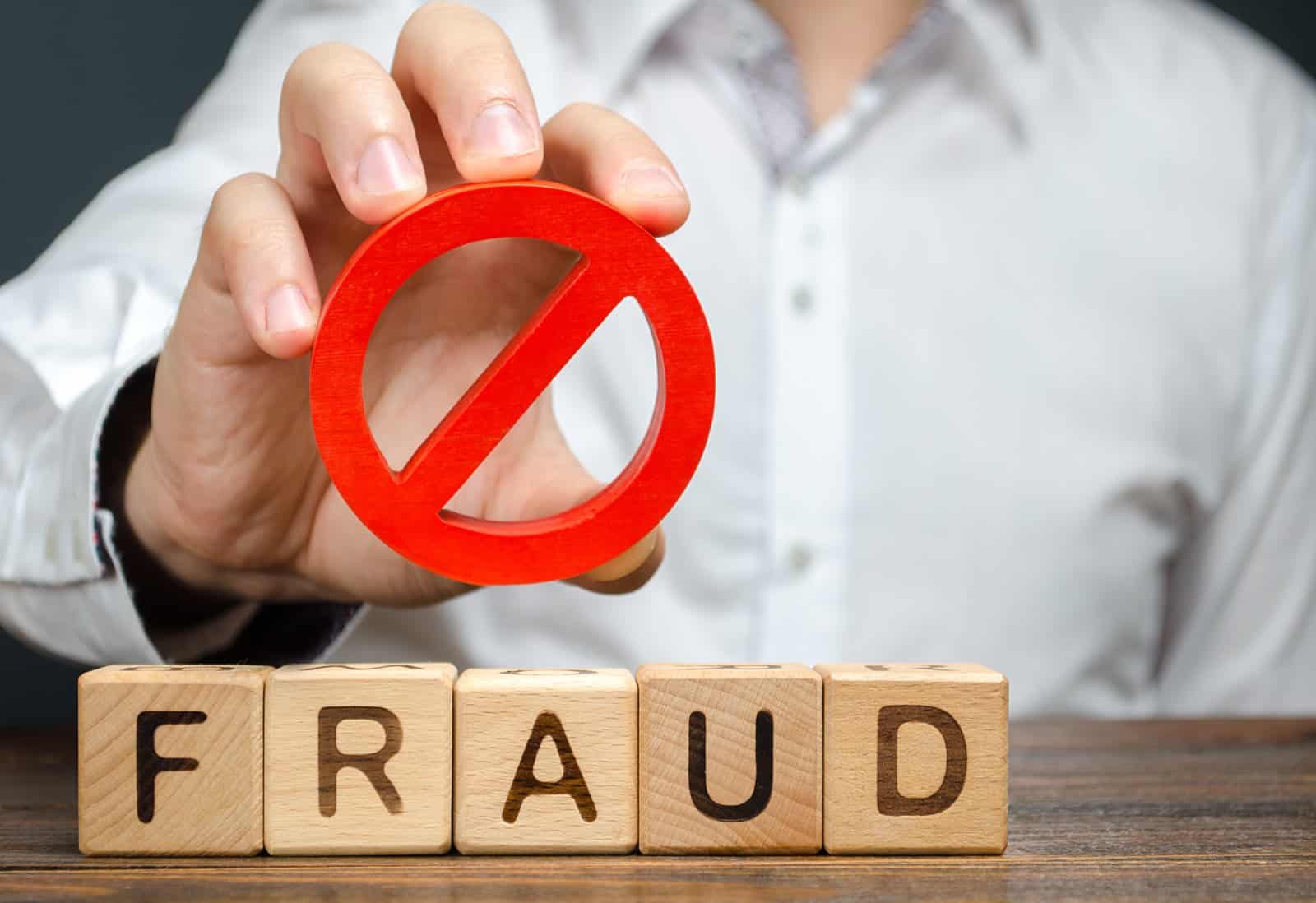
Instances of voter fraud are extremely rare in the U.S., raising questions about whether strict ID laws are necessary.
8. Public Opinion

Polls show that a majority of Americans support voter ID laws, although opinions can be sharply divided along political lines.
9. The Cost of Implementing Voter ID

Implementing voter ID laws can be costly for states, requiring them to issue IDs and educate the public about the new requirements.
10. Alternatives to Traditional IDs

Some states have explored alternative options like allowing voters to sign affidavits or undergo facial recognition technology in place of traditional IDs.
11. Early Voting and Mail-In Ballots
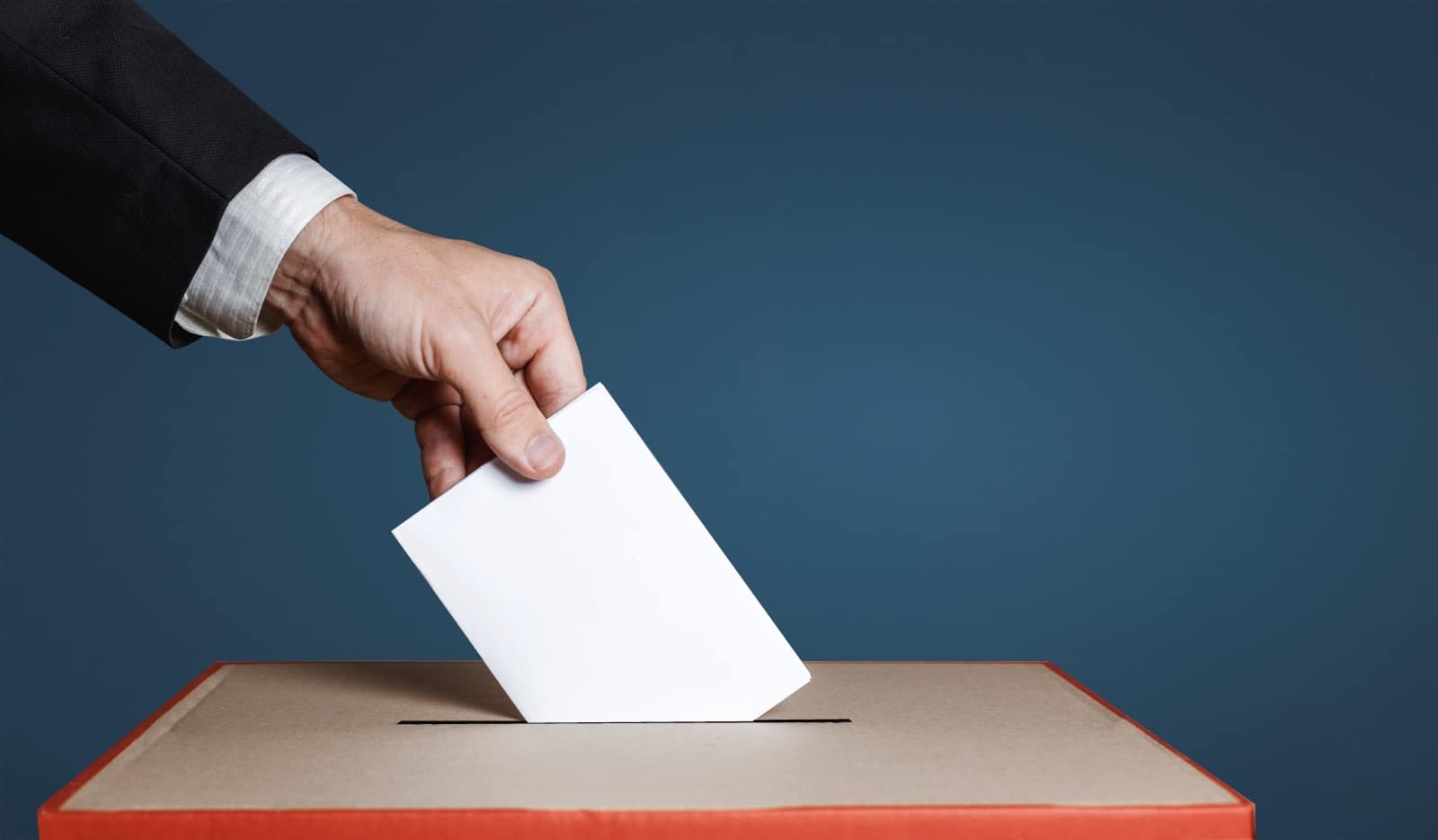
The impact of voter ID laws also extends to early voting and mail-in ballots, which may have different ID requirements.
12. The International Perspective

Other democracies around the world have implemented voter ID without significant controversy, providing a contrast to the heated debate in the U.S.
13. The Role of Misinformation

Misinformation about voter fraud has fueled the debate over voter ID laws, with some proponents citing debunked or exaggerated claims to support stricter laws.
14. Political Strategy

Some critics allege that voter ID laws are used strategically to benefit certain political parties over others, particularly those that rely on lower-income or minority voters.
15. Technology and Voter ID
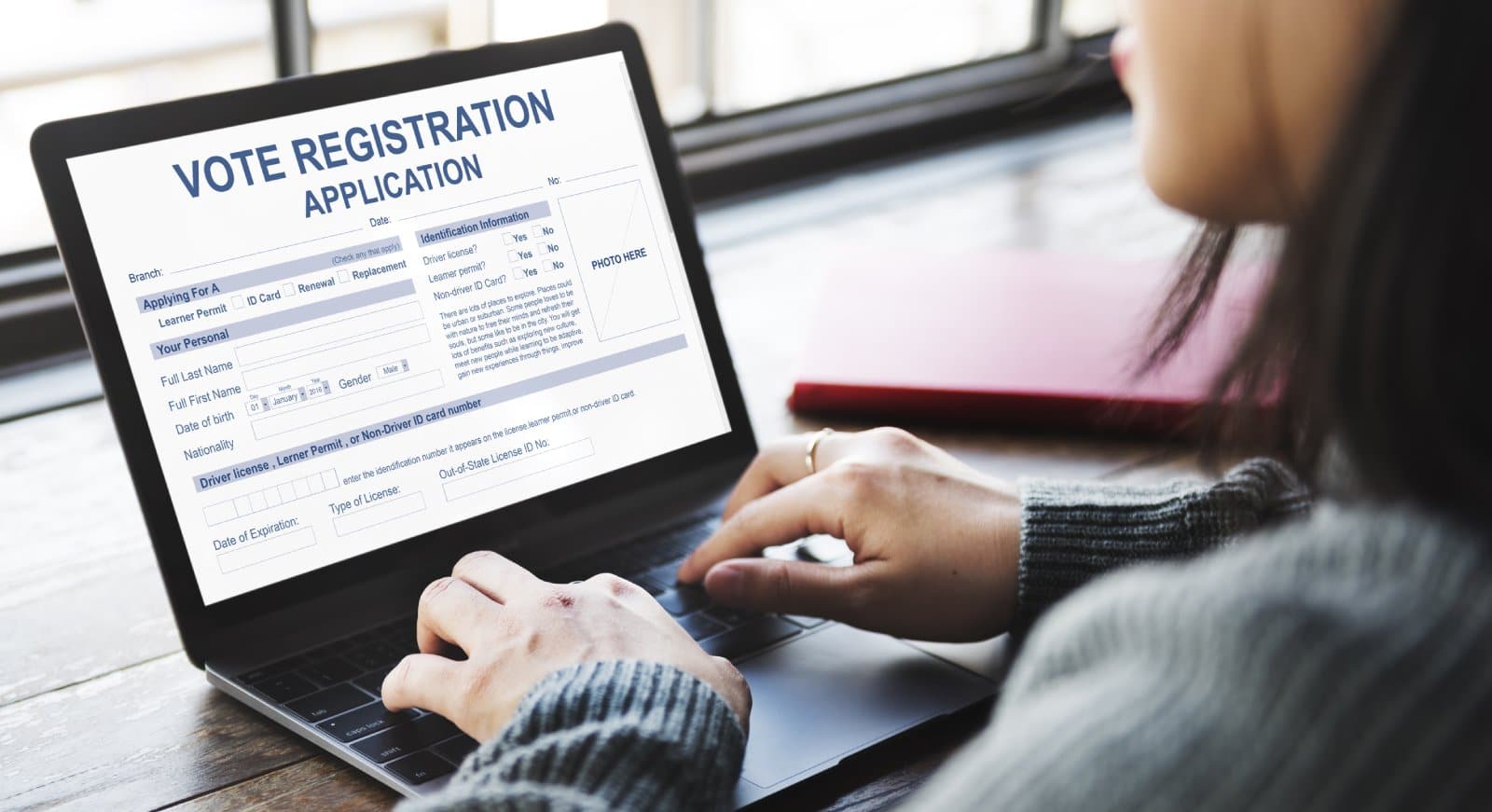
Advancements in technology could potentially solve some of the issues with voter ID laws, making it easier and cheaper to verify identities without disenfranchising voters.
16. Voter Education

Education campaigns are crucial to ensure that voters understand their rights and the ID requirements necessary to vote.
17. The Future of Voting Rights
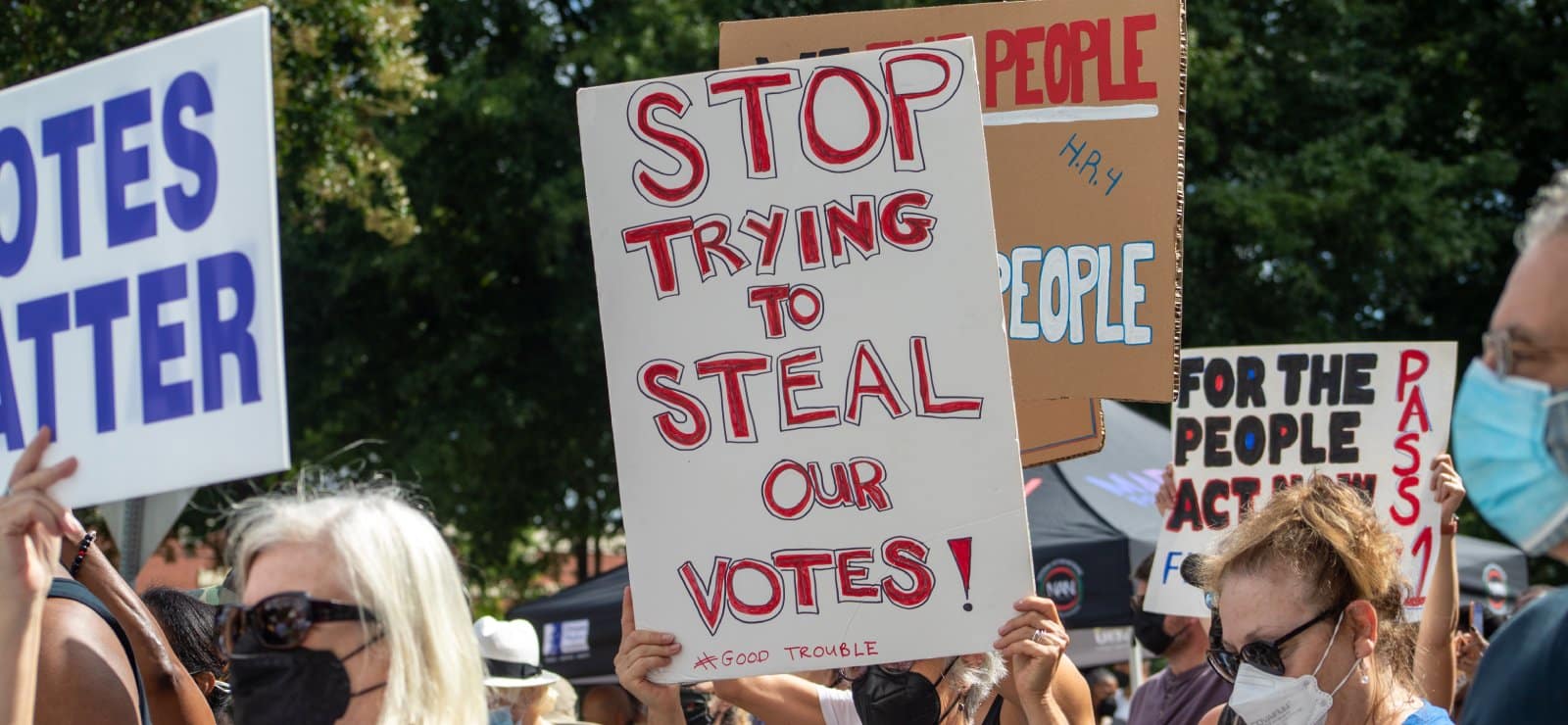
The debate over voter ID laws is likely to continue as part of broader discussions on voting rights and election integrity in the U.S.
18. Your Voice Matters

Regardless of where you stand on voter ID laws, participating in discussions and voting when possible is crucial to shaping the laws that govern electoral processes.
Have Your Say

Voter ID laws are at the heart of ongoing debates over fairness and accessibility in U.S. elections. Understanding these laws helps you see the bigger picture and engage more thoughtfully in discussions about our democratic processes.
The post Who Gets to Vote? The Heated Controversy Over Voter ID Laws first appeared on Pulse of Pride.
Featured Image Credit: Shutterstock / vesperstock.
For transparency, this content was partly developed with AI assistance and carefully curated by an experienced editor to be informative and ensure accuracy.

